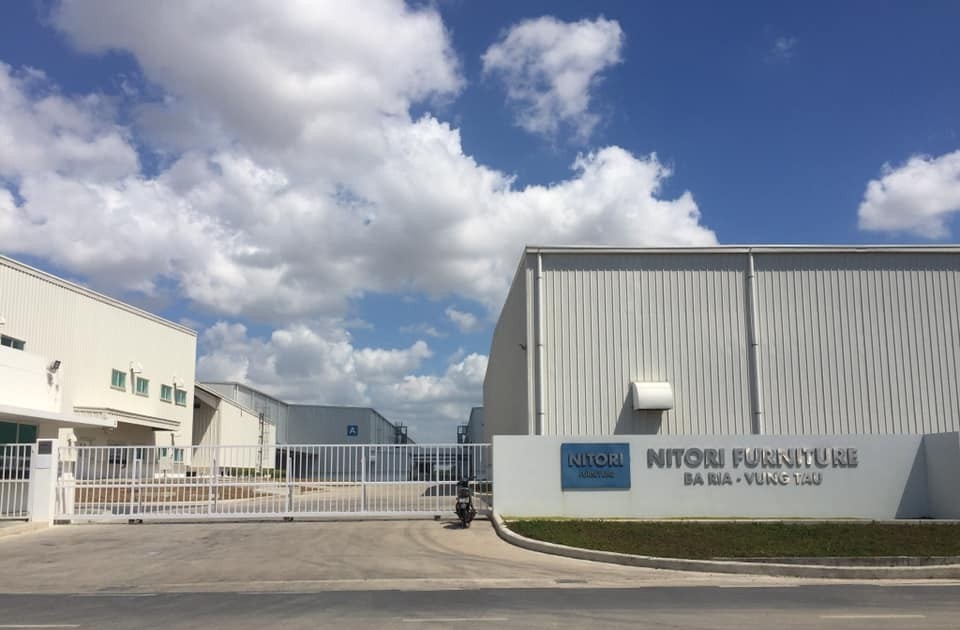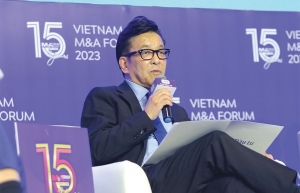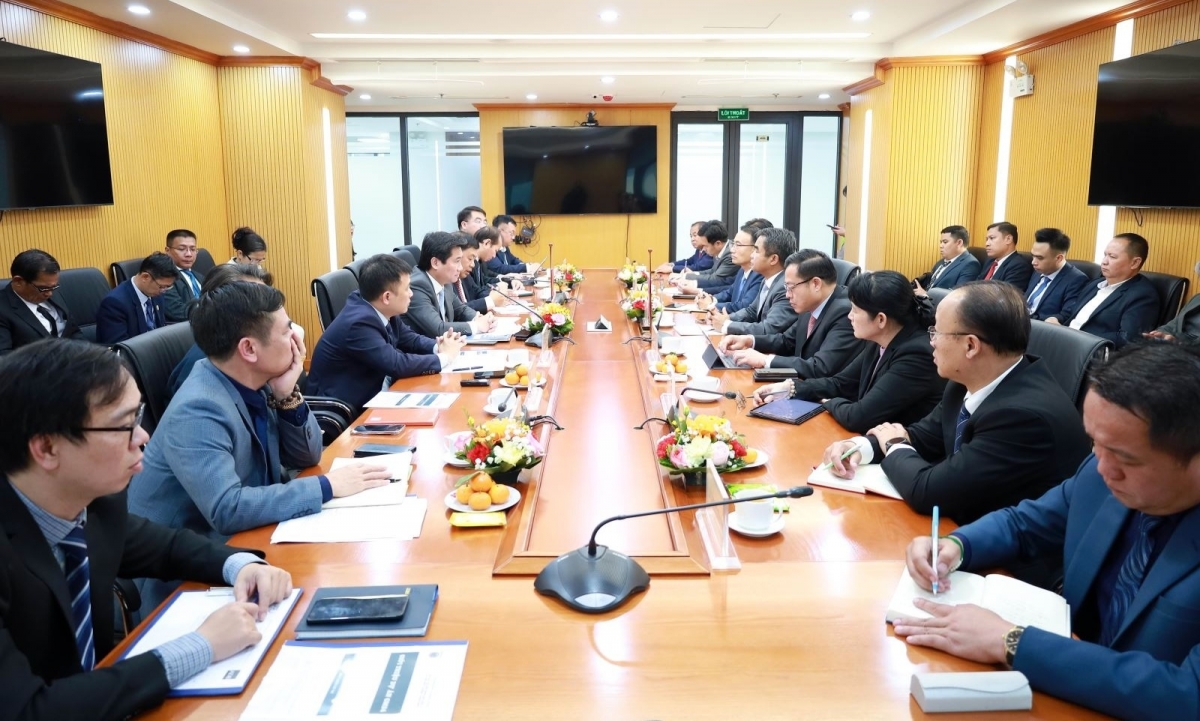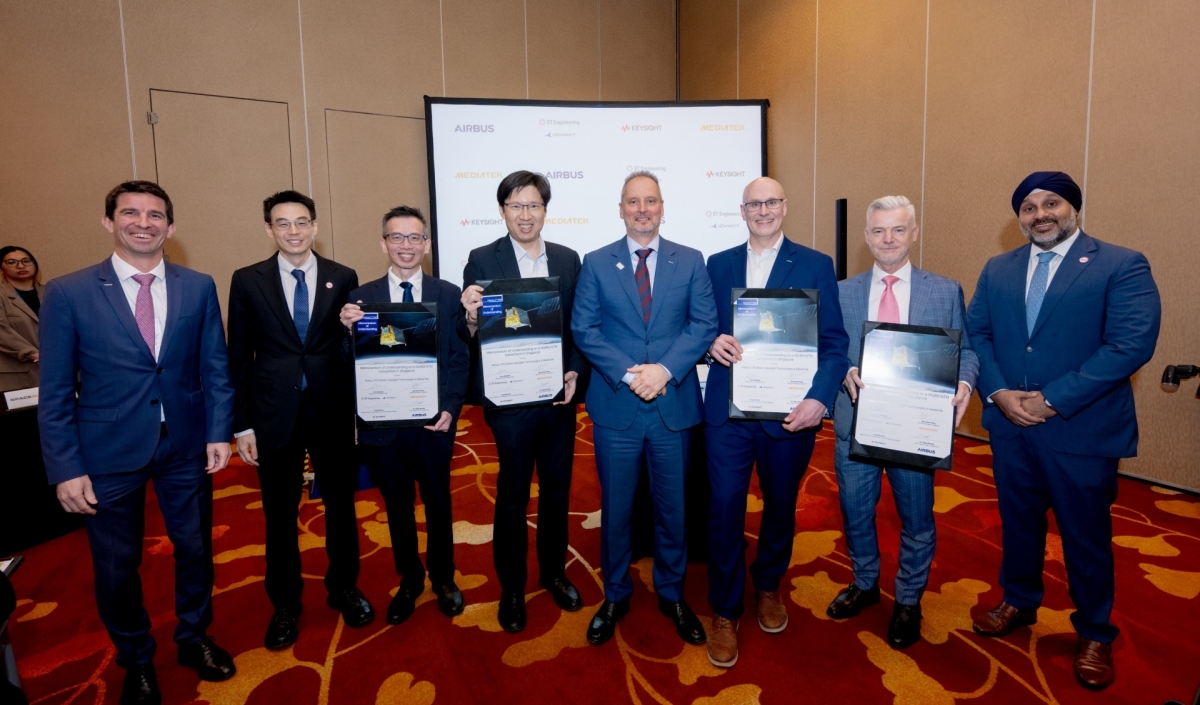INTERNATIONAL INVESTMENT
AND PORTAL
Japanese investors are continuing to ramp up their expansion in the Vietnamese market as the two nations have recently elevated their bilateral ties.

Nitori Holdings Co., Ltd., Japan's largest furniture retail chain, will launch its first Nitori store in Vietnam, aiming to accelerate more store openings in the Asian market. The first store in Vietnam will open this winter in SORA gardens SC, a shopping centre in TOKYU Garden City in Binh Duong province.
Masanori Takeda, director and general manager of the Global Merchandising Division and general manager of the Global Sales Promotion Office for Nitori Holdings said, "We are accelerating our store openings within the Asian region, having realised the first store in Thailand in August, Hong Kong in September, and South Korea in November. We are very pleased to be able to start our business in Vietnam, a country where we have our manufacturing base, trading company, and many of our supportive suppliers."
Nitori's two major manufacturing bases are located in Hanoi and Ba Ria-Vung Tau, which is one of Nitori Group's strengths. There are approximately 10,000 employees who support the supply of products. The Hanoi factory began manufacturing in 2003, mainly producing boxed furniture such as cupboards, bed frames, and sofas. The Ba Ria-Vung Tau factory started its operations in 2015, mainly turning out dining tables, chairs, curtains, and N-cool bedding.
Nitori Group's trading company and suppliers in Vietnam have been responsible for the supply chain management of the group in Southeast Asia. In Vietnam, it will continue to build its store network, aiming to open 70 over the next 10 years.
The rising incomes in the country and the proliferation of discretionary spending have created opportunities in retail and financial services, subsequently attracting investment from Japanese firms. Japanese retail group AEON, which stands out as a notable example, announced its intention to expand its number of department stores in Vietnam from six currently to 30 by 2030.
Mizuho, one of Japan’s megabanks, has steadily made share purchases in Vietnamese companies, including the digital payment provider M-Service and the state-owned Vietcombank.
Masataka (Sam) Yoshida, head of the Cross-Border Division of RECOF Corporation said, "Vietnam's fast-growing economy will create opportunities for large M&A deals with Japanese investors. Currently, Vietnam has five industries that attract them most, including food processing, IT, retail, energy, and consumer finance."
According to the Japan-Vietnam: 50 years of economic ties report by HSBC, Japan has been the nation's third-largest source of foreign direct investment (FDI), reaching close to $70 billion by 2022 and trailing after only South Korea and Singapore. To complement its current supply chain, Japan has primarily invested in the manufacturing space, with large multinationals such as Panasonic and Canon being early players.
The report pointed out that, originally attracted by the competitive labour costs, Japanese firms have continued to invest and expand their operations in the region as an offshore export hub. This continues to be the case, with new opportunities arising, especially in higher value-added areas such as semiconductors.
This FDI in high-value manufacturing by major foreign semiconductor groups will have positive spill-over effects to provide opportunities for Japanese companies to handle more complex production processes offshore.
 Expansion in Vietnam a must for Japanese investors
Expansion in Vietnam a must for Japanese investors
Japan continues to be one of the key players in Vietnam’s merger and acquisition market. At the Vietnam M&A Forum on November 28, Masataka “Sam” Yoshida, head of the Cross-border Division of RECOF Corporation, talked to VIR’s Thanh Van about what could be next for Japan’s investors.
 Japan's Marubeni plans to inject billions of dollars into Vietnam
Japan's Marubeni plans to inject billions of dollars into Vietnam
Marubeni Corporation will continue to invest billions of dollars to scale up its operations in the Vietnamese market.
 Japanese escalate investment studies
Japanese escalate investment studies
Japanese investors are implementing a careful study of the business environment in Vietnam, providing a basis for their long-term and sustainable expansion.
By Thanh Van



















